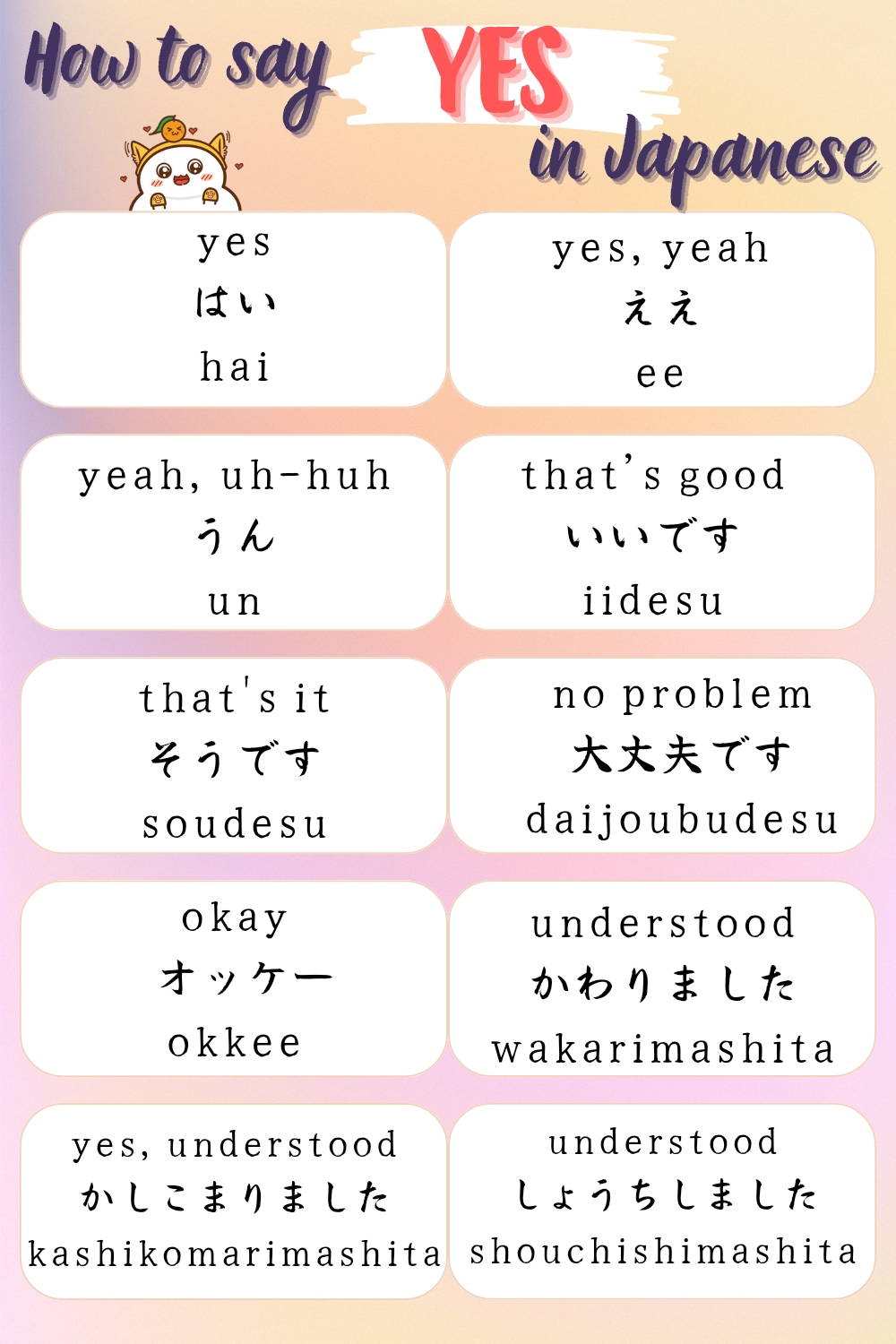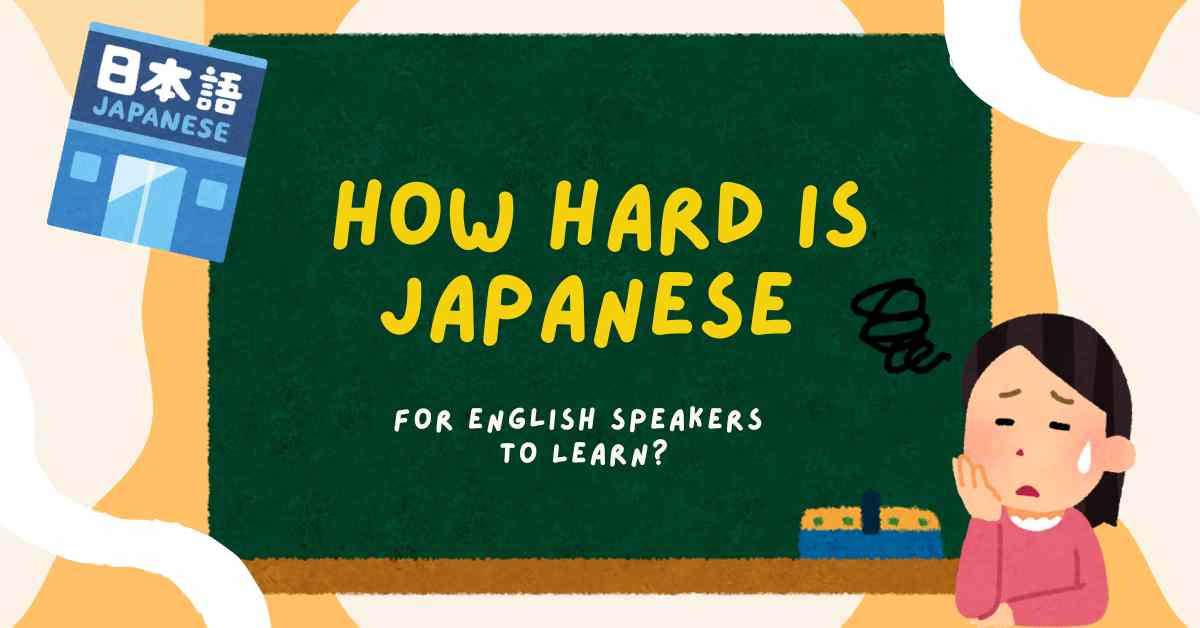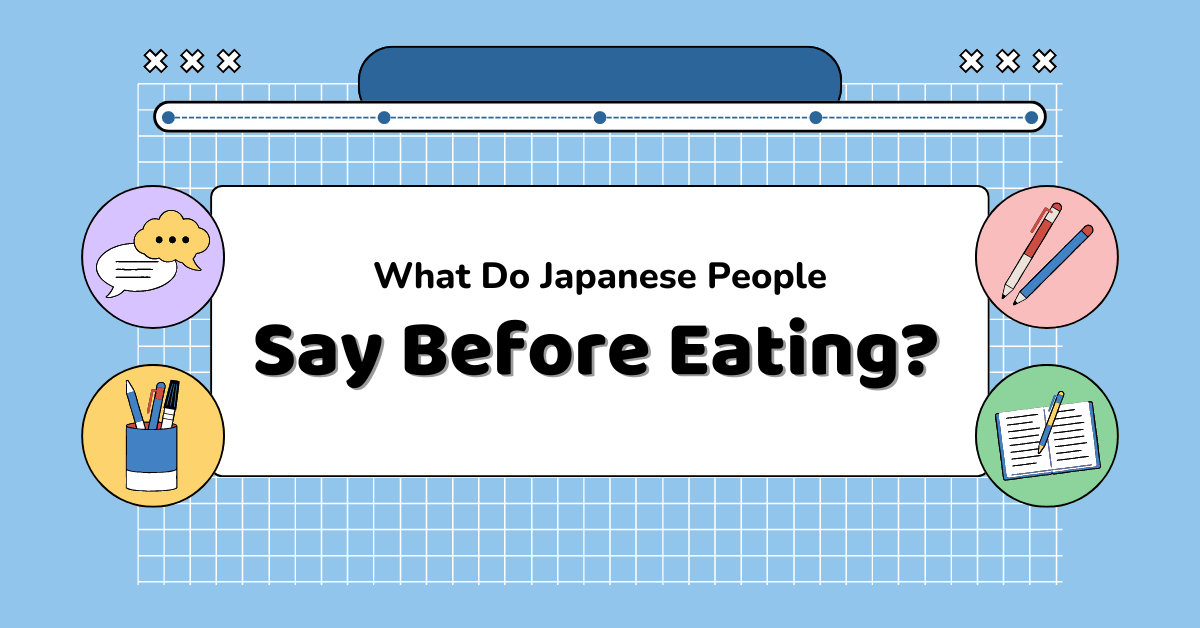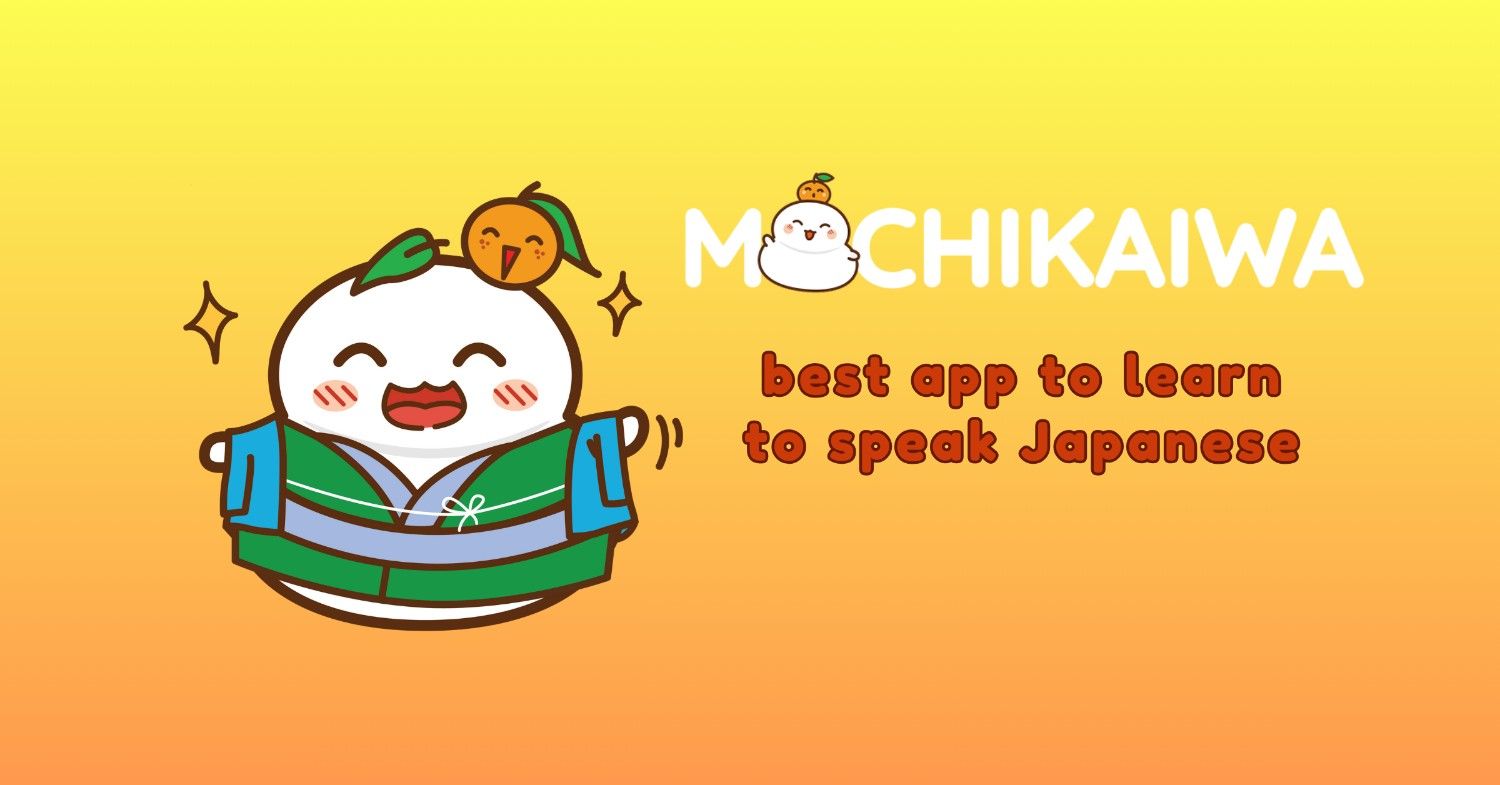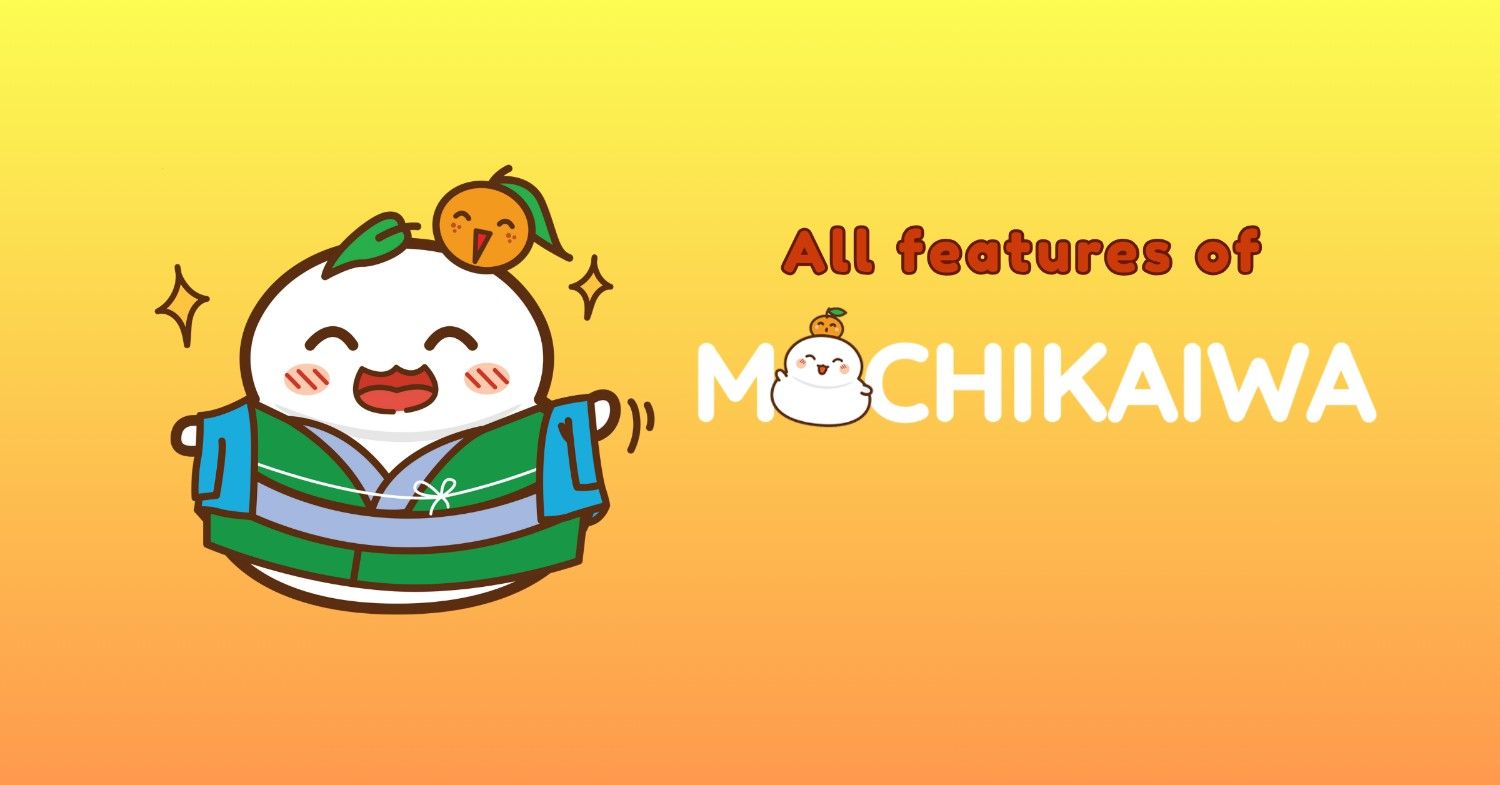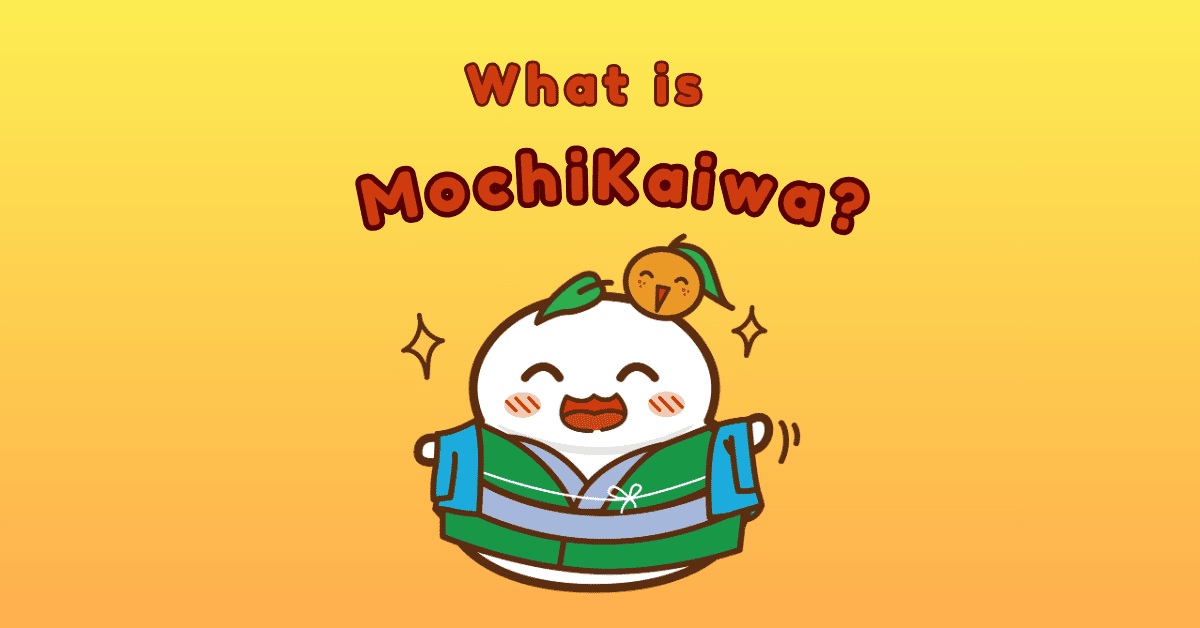Mastering “yes” in Japanese is simpler than you might expect! This guide helps you express agreement in different contexts, from casual to formal situations.
- Common ways to say YES in Japanese
- Other ways to say yes in Japanese
- Tips to Master Japanese Conversation
- Conclusion
When it comes to saying “yes” in Japanese, there are a few simple phrases you can use to convey agreement. The most common way is to say “はい” (hai), which is equivalent to “yes” in English.
However, the Japanese language offers more ways in different situations:

Common ways to say YES in Japanese
1. Hai (はい)
Meaning: yes
This is the most common and straightforward way to say “yes” in Japanese. It works in most situations, similar to how you use “yes” in English.
When someone asks you a question to which you want to respond affirmatively, Sometimes, はい (Hai) is used to confirm something that has been stated or asked about by someone else.
2. Ee (ええ)
Meaning: yes, yeah.
When someone asks you a question or makes a statement to which you want to agree, you can simply respond with “ええ” to indicate your agreement. This is a more casual version of “hai” and is best used with friends or family. “ええ” is a common way to agree without sounding too formal.
3. Un (うん)
Meaning: yeah, uh-huh
Use this only with close friends or in very informal settings. You can use it to express agreement or acknowledgment in a relaxed manner.
Other ways to say yes in Japanese
In casual situations
1. Ii desu (いいです)
Meaning: That’s good. Sounds good.
When someone asks you a question and you want to agree, you can simply respond with “いいです” or show approval or acceptance indirectly.
2. Sou desu (そうです)
Meaning: Yes, That’s it, That’s right, That is so.
Using “そうです” (sou desu) to affirm or acknowledge someone else’s statement. Simply repeat or rephrase what they said, followed by “そうです” to indicate agreement. For example, if someone says ” 今日は晴れですね – It’s sunny today ” you can respond with “そうです、晴れていますね” (sou desu, harete imasu ne – That’s right, it’s sunny.)
3. Daijoubudesu (大丈夫です)
Meaning: No problem, I’m okay.
Daijoubu desu (大丈夫です) is used when someone asks if something is alright. It’s a versatile phrase you can use when someone asks if you can handle something or if you’re alright with a plan.
4. Okkee (オッケー)
Meaning: Okay, alright.
It’s a casual way of indicating that you understand or agree with something.
5. Wakarimashita (わかりました)
Meaning: understood, got it.
“Wakarimashita” is commonly used in Japanese to convey understanding or agreement. You can use it in various contexts to acknowledge information or instructions given to you.
In formal situations
1. Kashikomarimashita (かしこまりました)
Meaning: Yes, understood.
This is a very polite way to show respect to the speaker. Imagine your boss gives you a task; you can respond with “Kashikomarimashita” to acknowledge their instruction respectfully.
2. Shouchishimashita (承知しました – しょうちしました)
Meaning: Understood
This is another formal way and signifies that you will comply with a request. This phrase is useful in work settings or any situation where formalities are important.
Tips to Master Japanese Conversation
Knowing how to say “yes” is a great start, but there’s more to mastering Japanese conversation! Here are some tips to take your Japanese skills to the next level.
Practice regularly
Engage in conversations with native speakers or language partners to improve your speaking skills. Pay attention to how native speakers use expressions like “yes” in various contexts, and try to emulate them in your own conversations.
Use a language learning app
Are you struggling to memorize Kanji and Vocabulary in Japanese? MochiKanji app offers a revolutionary solution that leverages the power of Spaced Repetition system and “Golden Time” reviews to help you achieve long-term Kanji memorization. This is an effective method for beginners to learn Japanese.
Spaced Repetition system (SRS) is a proven method for long-term memory. Unlike traditional cramming, SRS schedules reviews at strategic intervals to refresh your memory on Kanji characters right before you forget them, solidifying them for the long haul. SRS is harnessed by MochiKanji to optimize your Kanji mastery.
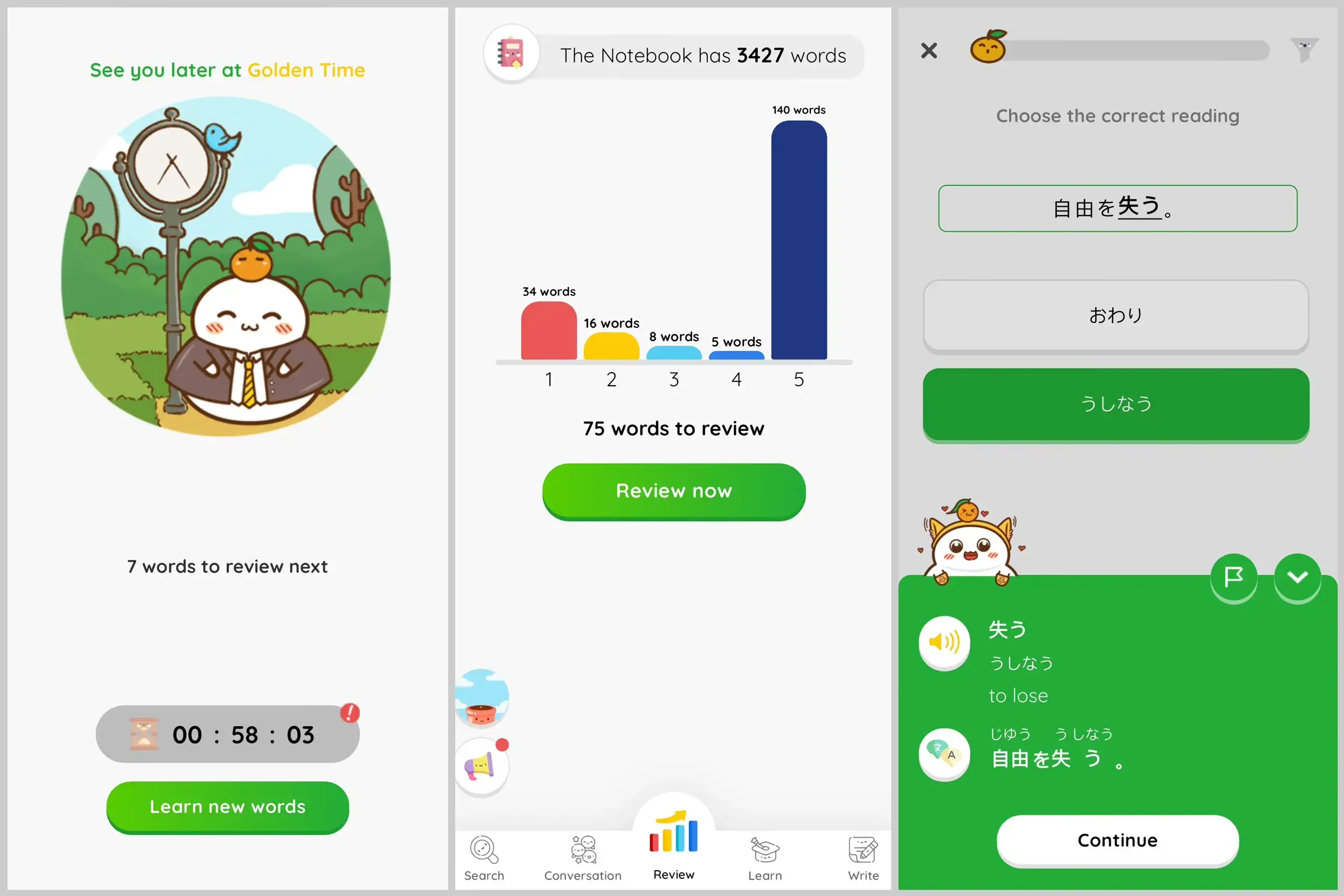
MochiKanji utilizes your learning history to determine the precise moment to review learned vocabulary, known as the “Golden Time” for you to review a word just before it slips from memory. This strategic timing significantly enhances your ability to retain information. By pinpointing the ideal revision time, MochiMochi streamlines the process of acquiring new words, ultimately saving you considerable effort.
MochiKanji app also sorts your learned vocabulary into five distinct memorization stages, reflecting your current level of mastery for each word.
Don’t waste time with ineffective cramming methods. Try MochiKanji app for free today and unlock the secrets to effortless vocabulary and Kanji memorization!
Improve yourself
Improve yourself with Japanese language materials, such as books, movies, or music. This will help you get accustomed to the natural flow of conversation and everyday expressions.
Conclusion
Knowing how to agree in Japanese is really important for understanding the language and culture. In this guide, we’ve learned different ways to agree in various situations, like using “hai (はい)” casually or “Kashikomarimashita (かしこまりました)” more formally. By learning common expressions and practicing regularly, you can feel more confident in your Japanese communication skills. With a little practice and these helpful tips, you’ll be saying “yes” and holding conversations in Japanese like a pro in no time! Good luck with your Japanese learning!

